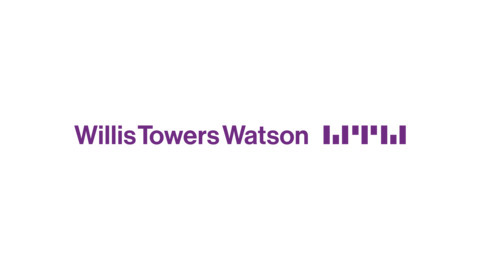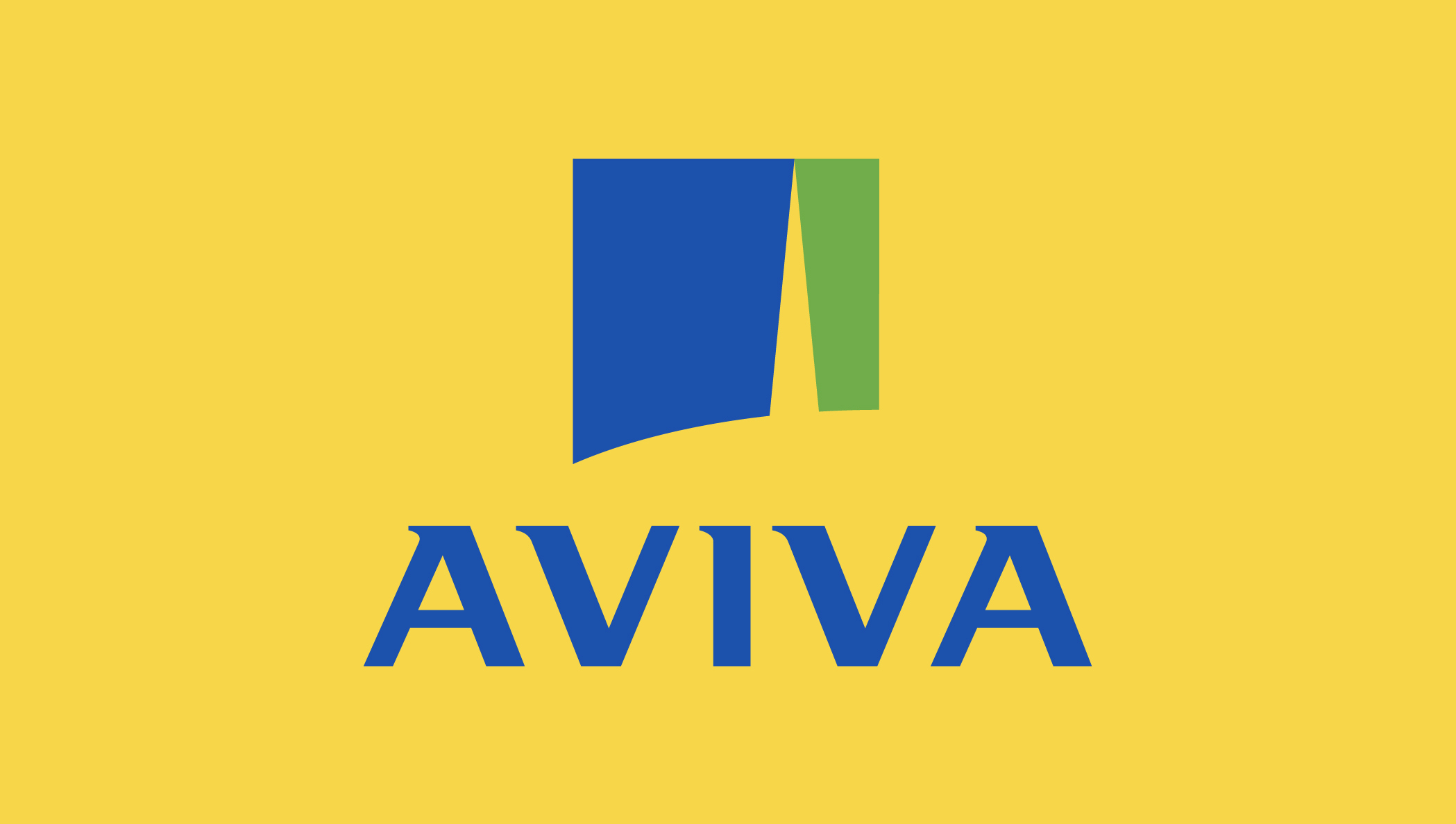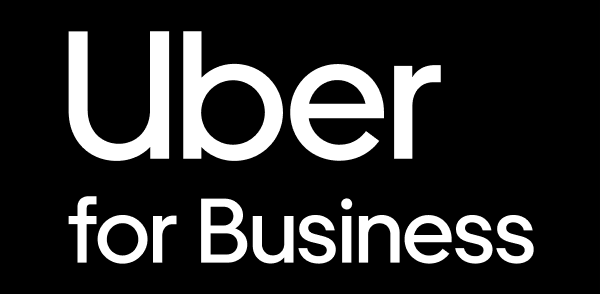The new decade was heralded by some commentators as the new 'Roaring 20s'. Well, it certainly roared, but not quite in the way anticipated. The echoes of this have been with us all through the year and look set, quite possibly, to still be roaring into early 2021.
As a result of employees being asked to work remotely during national and local lockdowns, there appears to be an irreversible rise in the demand to work from home permanently, at least for part of the week.
While the initial focus was, quite rightly, on the impact remote working could have on mental health and employee wellbeing, there are other implications which HR need to be aware of, and plan to address, key among them is risk management.
For employees working in an office, security badges at reception and the signing in of guests are clear indications that risks have been assessed and policies put in place to manage these. However, while some employees working remotely may be lucky enough to have a separate home office, for many it means a laptop on the kitchen table in a shared house, with no security badges on entry and no easy way to check just who is coming and going among the people they share that space with.
Remote working has an impact on not just how we choose to dress for work, but our whole attitude towards issues such as risk management – which within a more formal office environment are treated very differently.
A simple straw poll conducted in a recent HireRight webinar found that the majority of businesses have not re-assessed their risk management processes in the light of their workforce working remotely during the pandemic. There have, of course, been many other priorities which HR has had to deal with, but, nevertheless, risk should be up there alongside culture, health, and wellbeing. If you’re not sure who out there might be gaining access to critical business data, that should set alarm bells ringing.
So just what should HR be doing now to protect your business and your employees? How do you go about assessing risk and what processes should you be putting in place to manage that risk both now and in the future?
To provide the answers to such questions as these, we’ve teamed up with HR magazine to create a lunchtime debate on Thursday 3 December 3 at 12.30 pm (GMT). By joining us you can find out just how HR can drive the education of their teams, without causing undue alarm or distress, and lead the way in making sure that risk management is a core pillar of company culture, both amidst the pandemic and beyond, as remote working appears to be here to stay.
To register your place now, click here. We look forward to welcoming you to what promises to be a lively debate.
Caroline Smith, deputy general counsel, International, HireRight















